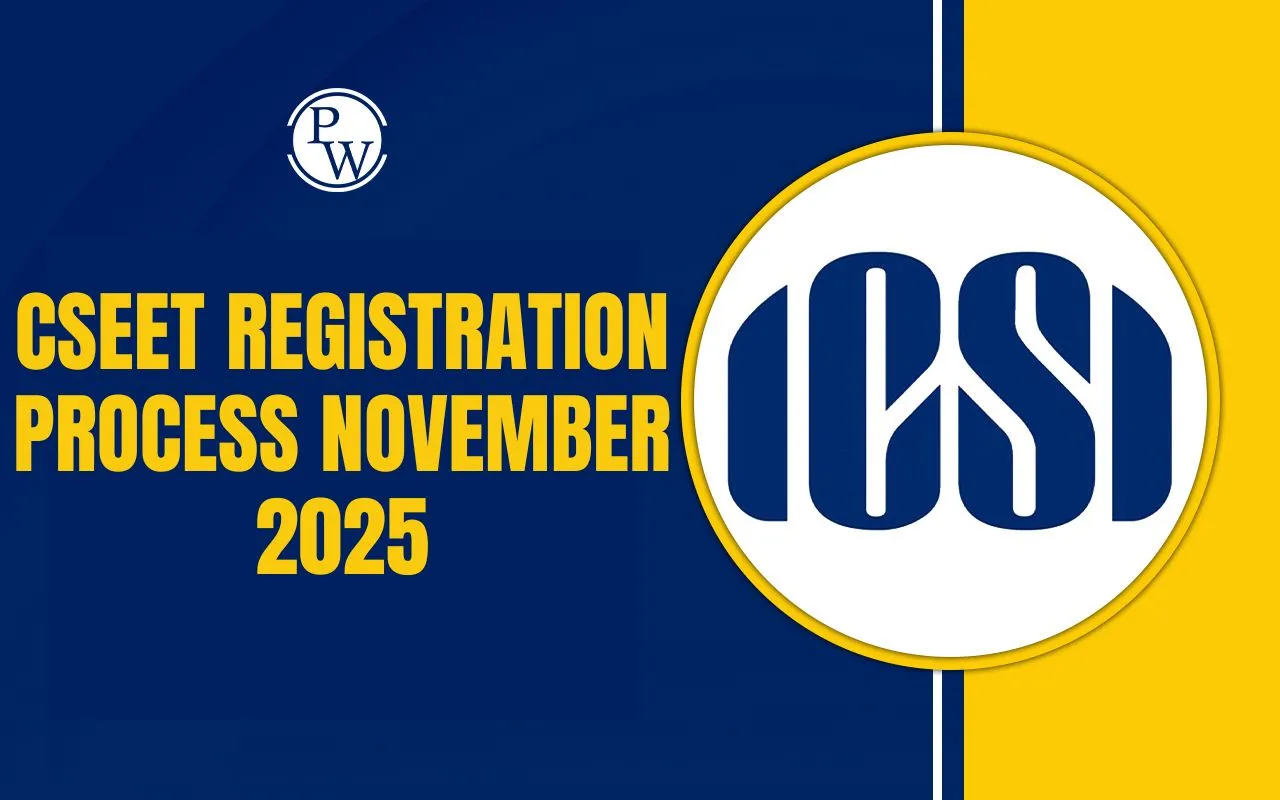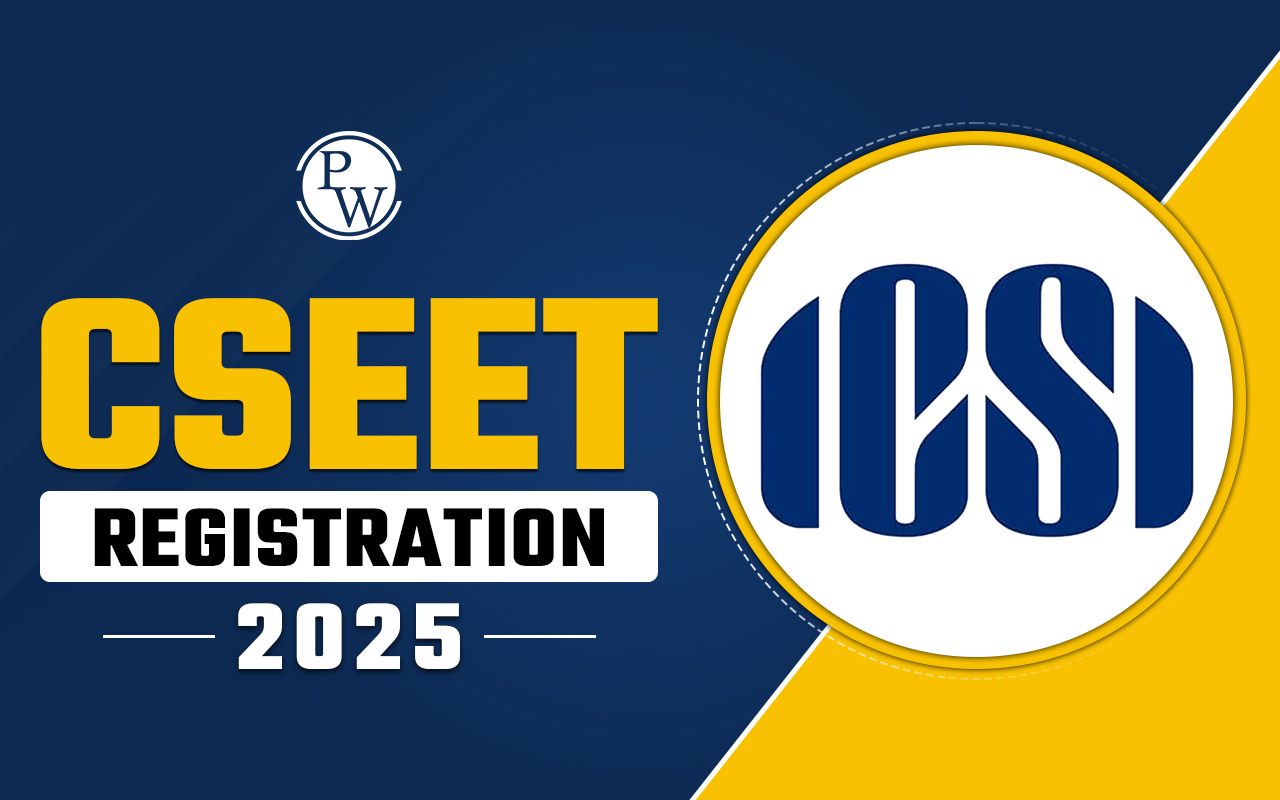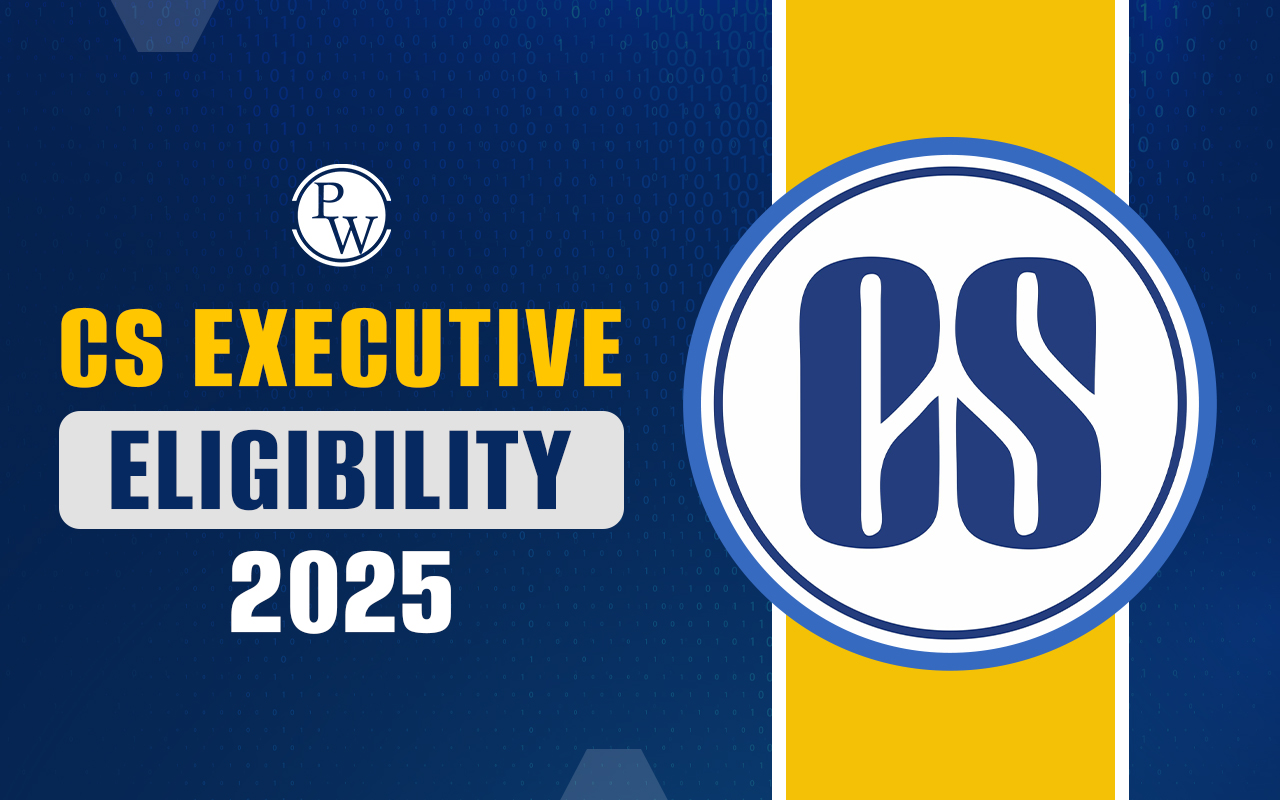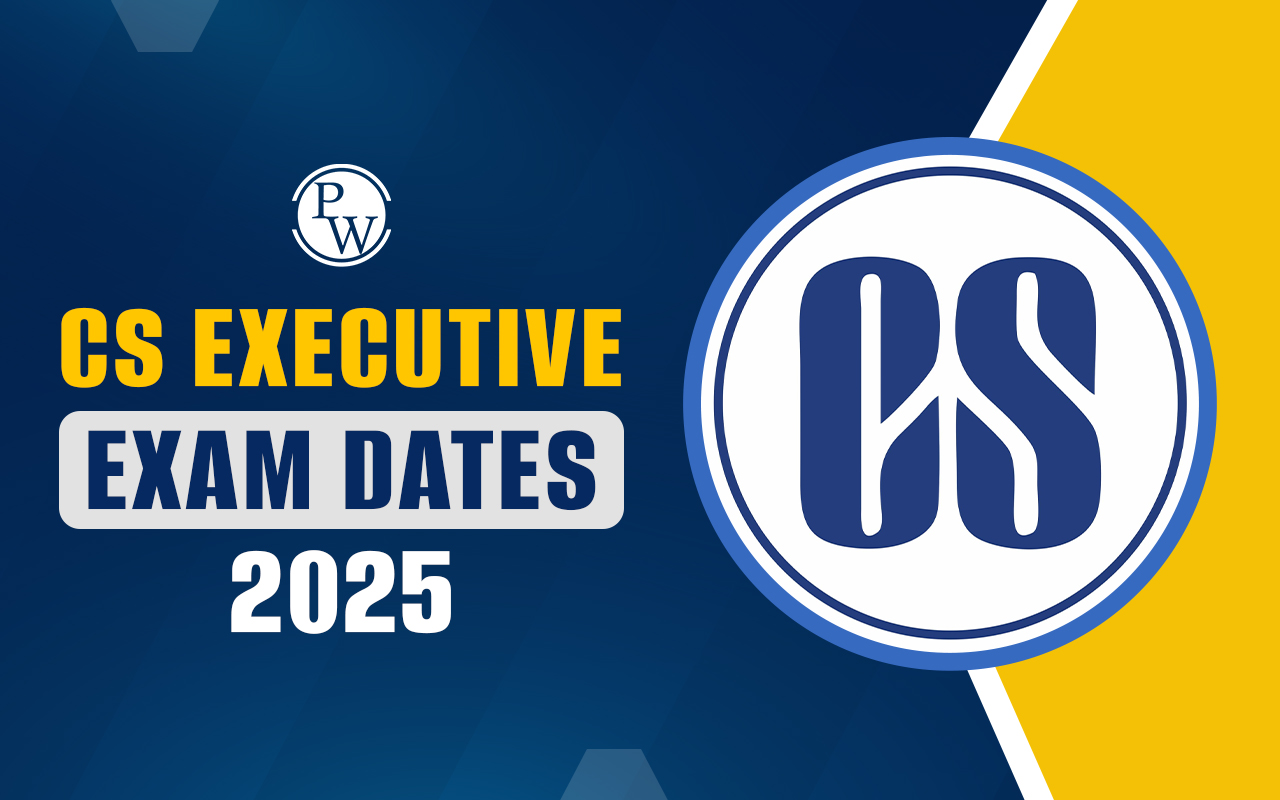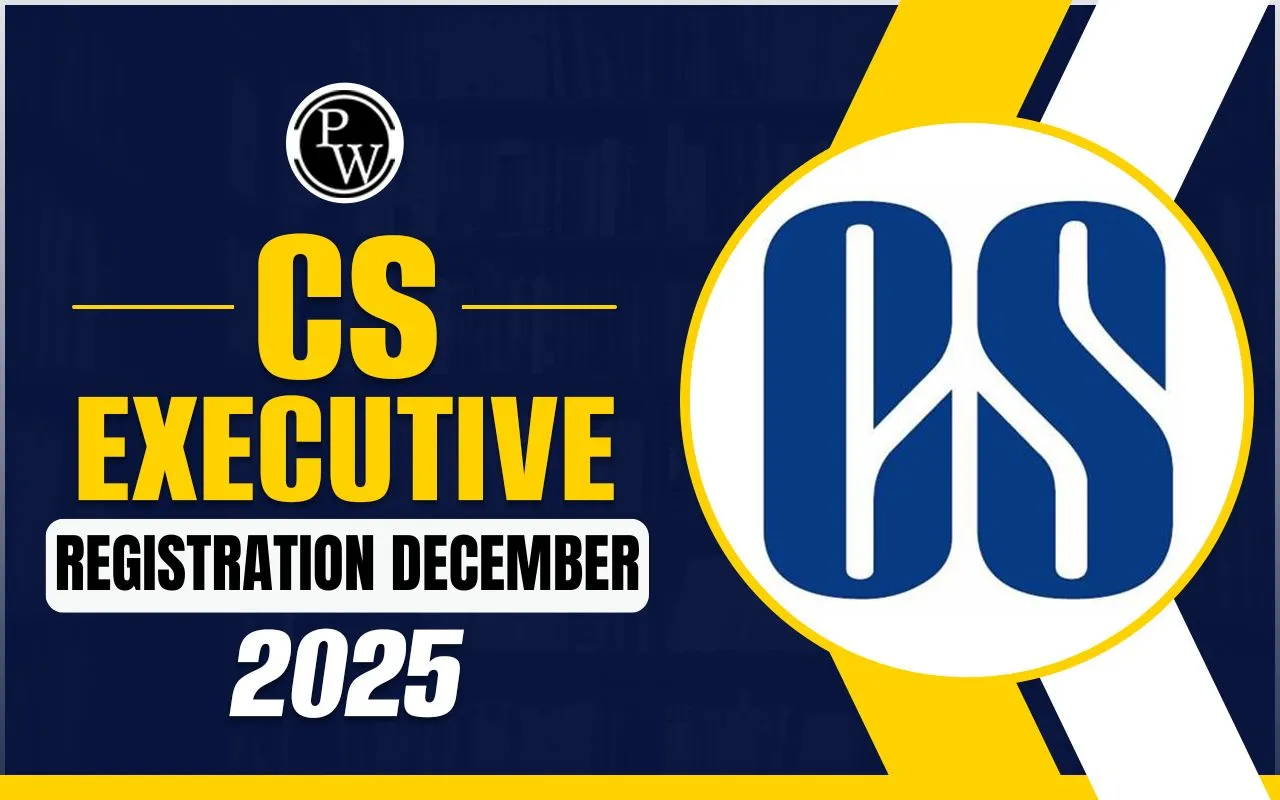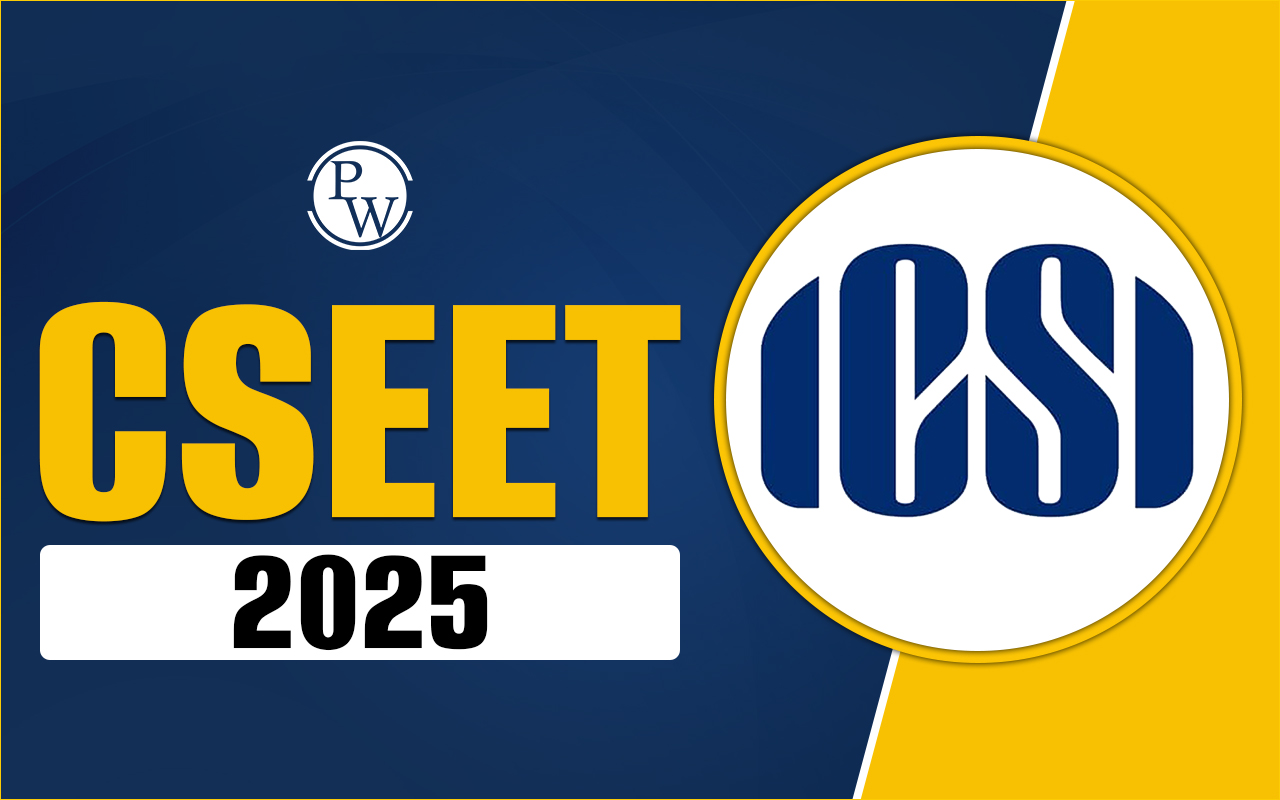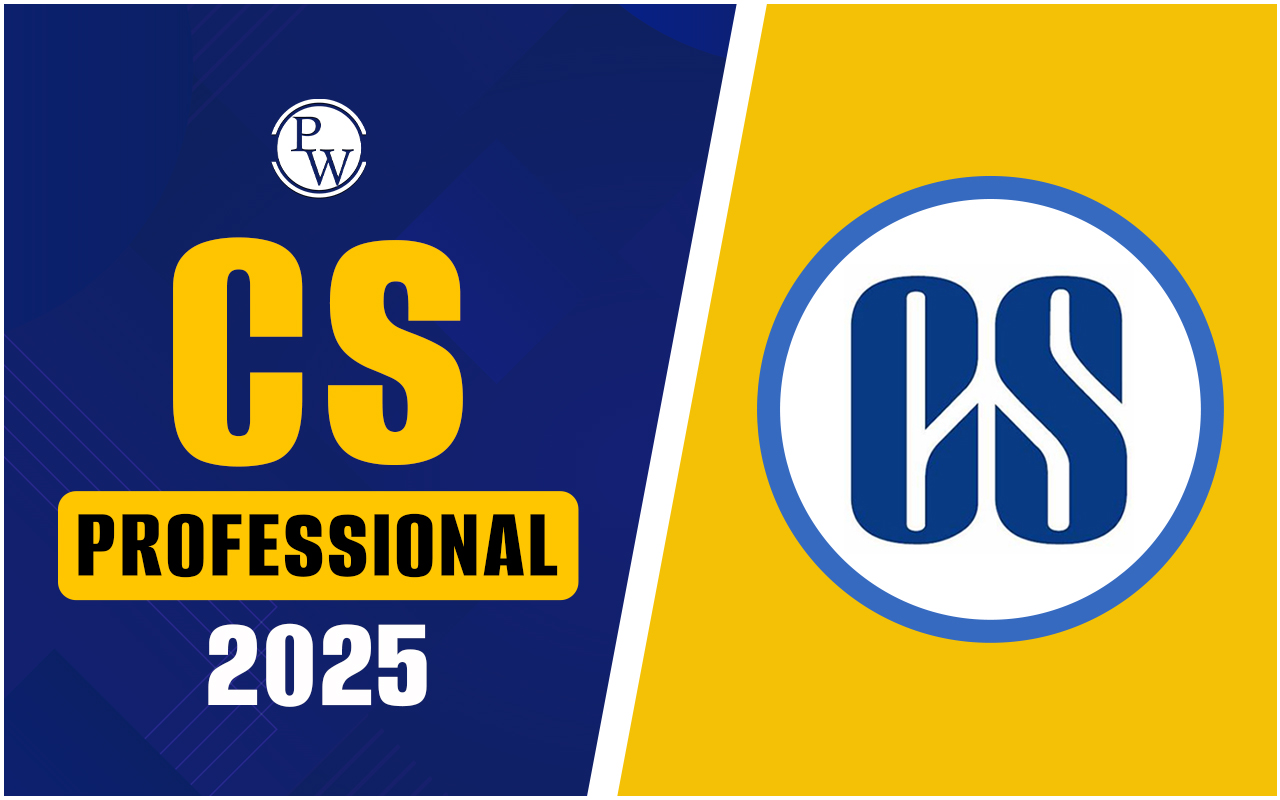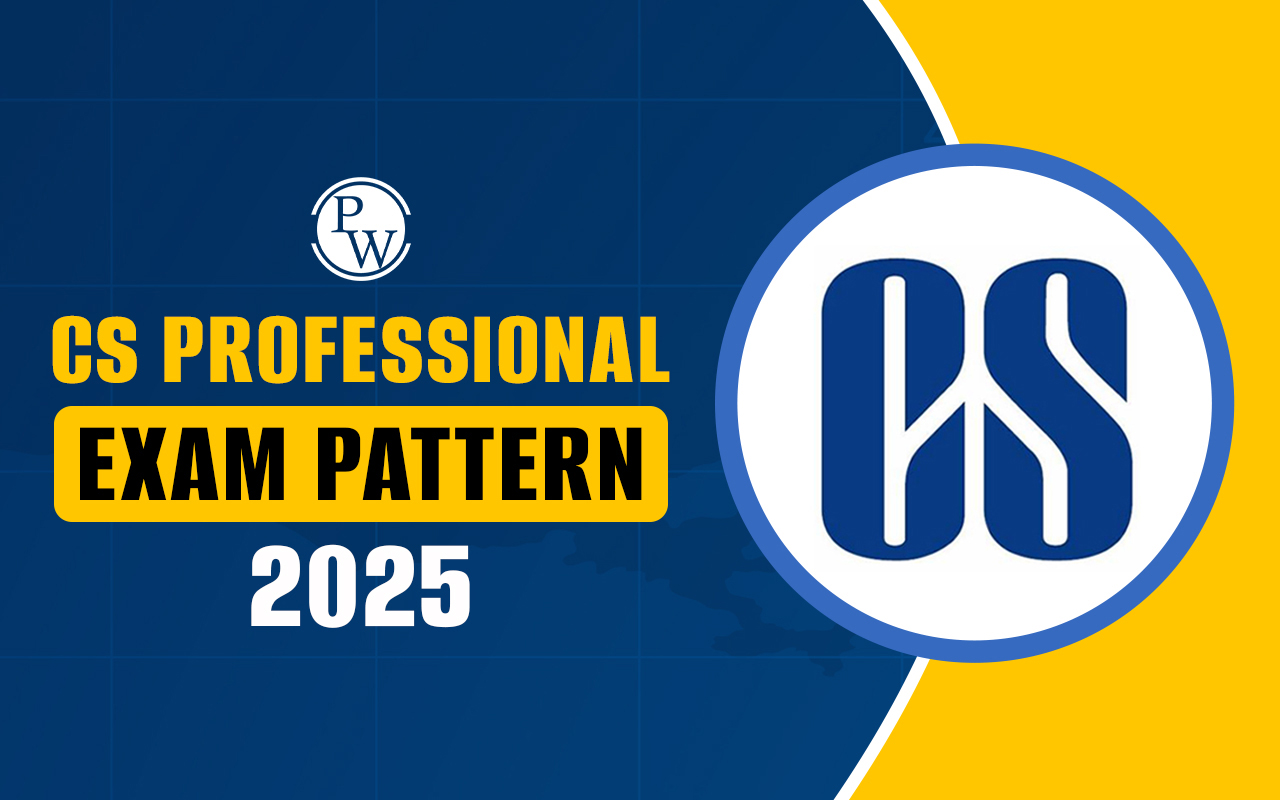
The CS Executive June 2025 Tax Exam Analysis reveals a balanced yet challenging paper that tested students' conceptual clarity and application skills. The exam, comprising Income Tax and GST, was moderate in difficulty, with some unexpected twists. This Tax Exam Analysis provides a comprehensive breakdown of the question patterns, student feedback, and key takeaways for future aspirants.
Tax Exam Analysis
Tax Exam Analysis for CS Executive June 2025 reveals a moderate-level paper that required deep conceptual understanding. While questions were largely based on the ICSI module, some GST sections introduced unexpected topics like audit procedures. Income Tax dominated the paper with repeated questions on deductions, capital gains, and clubbing provisions.
Also Check:
Students reported that although the paper was not very tough, lengthy numerical questions tested time management. Most students found the paper manageable if they had prepared thoroughly from the module.
Key Highlights of the Tax Exam
- Overall paper is of moderate difficulty, with a blend of theory and numericals.
- Income Tax section was dominant with questions from standard and high-weightage topics.
- GST included unexpected questions on audit and refund provisions.
- Time management was a major hurdle due to long computations.
- Students with consistent module-based preparation performed well.
| Financial Management Analysis | Company Law Exam Analysis |
CS Executive Tax Exam Students’ Feedback
Students shared the following feedback about the Tax exam:
"Income Tax section was scoring, but GST audit question caught me off-guard."
"The paper was fair, though completing all 100 marks within time was difficult."
"Computation-based questions were easy if you knew the provisions and formats."
This Tax Exam Analysis confirms that conceptual clarity, especially in Income Tax provisions and GST procedures, played a crucial role in attempting the exam confidently.
CS Executive Tax Exam Section-Wise Analysis
Let’s decode the CS Executive Tax paper with a section-wise analysis:
1. Income Tax
Income Tax questions formed the core of the exam, with topics from routine computations to conceptual applications:
Computation of Total Income & Tax Liability: Involved comprehensive questions covering salary, house property, capital gains, and income from other sources. Specific provisions like reverse mortgage exemptions, STCG on shares, and dividend income under old regime were tested.
Set Off and Carry Forward of Losses: Tested conceptual clarity regarding speculative losses, capital losses, and business losses. Also touched upon the 8-year lapse period for carrying forward.
House Property Income: Standard questions on self-occupied and let-out properties with bifurcation of interest deductions. Knowledge of pre-construction vs. post-construction interest helped.
Salary Income Components: Covered various components, including advance salary, arrears, perquisites, DA, and PF. Required understanding of taxable and exempt portions.
Deductions Under Chapter VI-A: Involved application of limits under 80C, 80D, and sections related to disability benefits.
Capital Gains on Shares: Questions included bonus and right shares, along with grandfathering under Section 112A. Students familiar with these types of questions found it straightforward.
Clubbing of Income: Tested standard provisions for spouse and minor child with exceptions. Required precise reading.
Revised Return Filing & Mandatory Loss Return: Included revised return timelines and the importance of timely filing to carry forward losses.
2. GST
GST questions combined conceptual and procedural knowledge. Some surprises made this section slightly difficult for unprepared students.
Place of Supply & ITC Eligibility: Involved application-based questions on inter vs. intra-state supply and flowchart-type reasoning.
Taxability of Services: Covered exemptions for agricultural warehousing, municipal services, and other service-based exemptions.
E-Way Bill Applicability: A familiar topic tested with a scenario-based question.
Audit Procedures (Unexpected Topic): Caught many students off guard, involved questions on documentation, timelines, and audit classifications.
Advance Payment & Invoice Treatment: Required knowledge of refund vouchers, timelines, and rules for goods sent on approval.
Computation of Output & Input GST: A numerical problem involving classification of sales, rental income, and ITC set-off.
Order of GST Credit Utilization: Tested IGST, CGST, SGST credit hierarchy is a fundamental topic, yet commonly neglected.
Common Challenges Faced by Students
Below, we’ve mentioned some common challenges faced by students:
Time Management: Numerical questions were lengthy, especially in the capital gains and GST computation sections.
Unexpected Topics: GST audit and refund rules were unexpected and tricky for many.
Skipping Minor Topics: Students who ignored procedural aspects or less-weighted chapters found it hard to answer those.
How to Prepare for the Next CS Executive Tax Exam?
Based on this Tax Exam Analysis, here are some focused tips for December 2025 aspirants:
1. Stick to the ICSI Module: Most questions were directly based on module content. Focus on all illustrations, examples, and theory provided.
2. Strengthen Income Tax Computations: Practice daily problems related to salary, house property, capital gains, and deductions. These form the core of the exam.
3. Do Not Ignore GST Procedures: Be thorough with audit provisions, refund mechanisms, E-Way Bills, and invoice rules.
4. Revise Important Sections: Make concise notes of key sections like 80C, 80D, 112A, clubbing provisions, and revised return rules.
5. Solve Mock Tests Under Timed Conditions: Attempt full-length mock papers within 3 hours. Focus on solving lengthy questions early during practice.
6. Avoid Skipping Small Chapters: Chapters like audit procedures, revised return, and exemptions may carry 10–12 marks.
The CS Executive June 2025 Tax Exam Analysis confirms that preparation should be well-rounded and time-managed. The exam tested not just tax computations but also interpretation and procedural aspects. With a consistent strategy and in-depth revision, students can tackle this paper confidently in upcoming attempts.
Join PW CS Online Courses and build a strong foundation in corporate laws and governance with structured learning and dedicated support.
| Related Links | |
| CS Exam Pattern | CS Syllabus |
| CS Eligibility Criteria | CS Registration |
| CS Exam Date | CS Result |
Tax Exam Analysis FAQs
Was the Tax paper for CS Executive June 2025 difficult?
Which section carried more weight in the June 2025 Tax paper?
What were the most unexpected topics in the Tax exam?
What was the biggest challenge in the Tax paper?
How should students prepare for the next CS Executive Tax exam?


